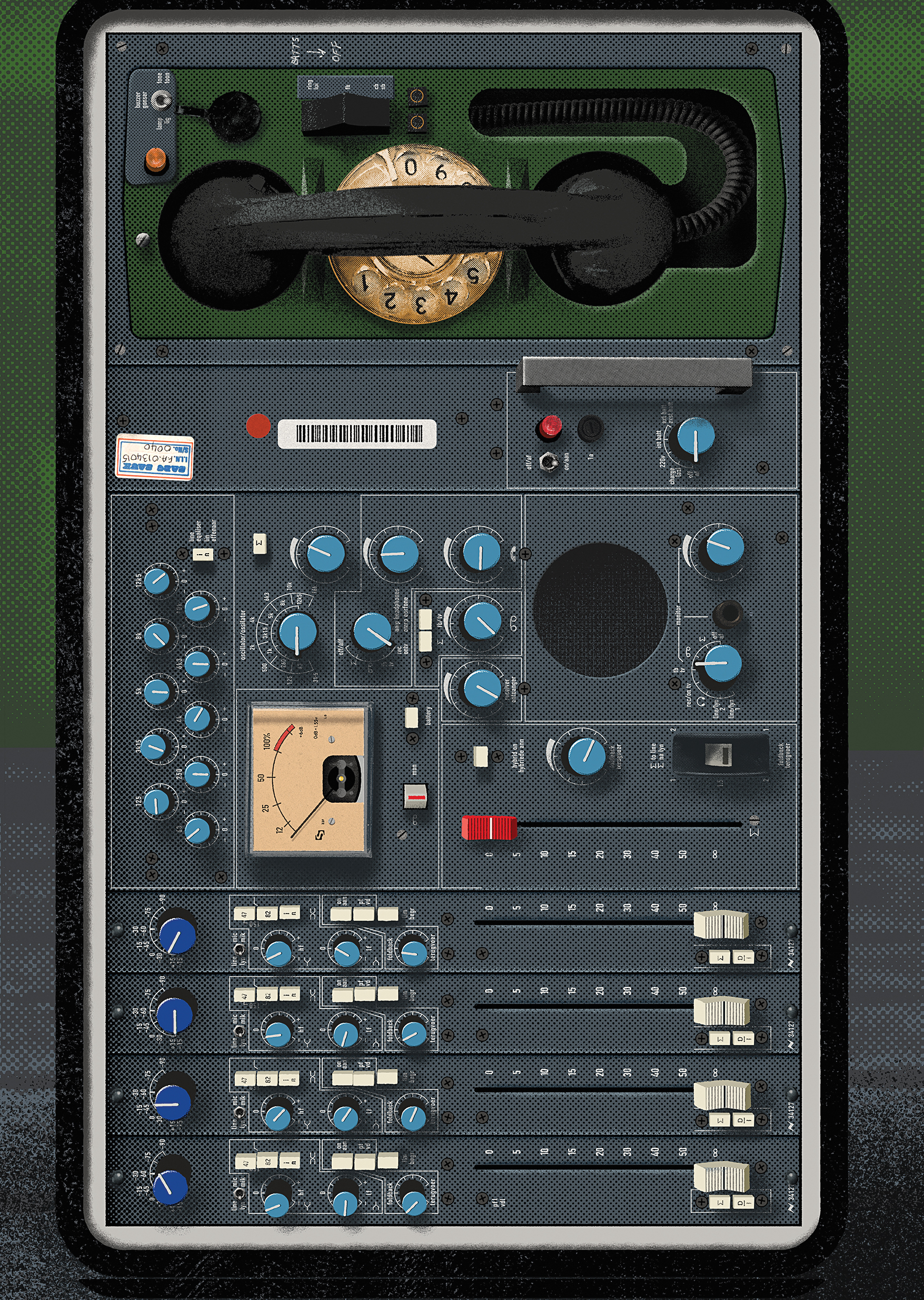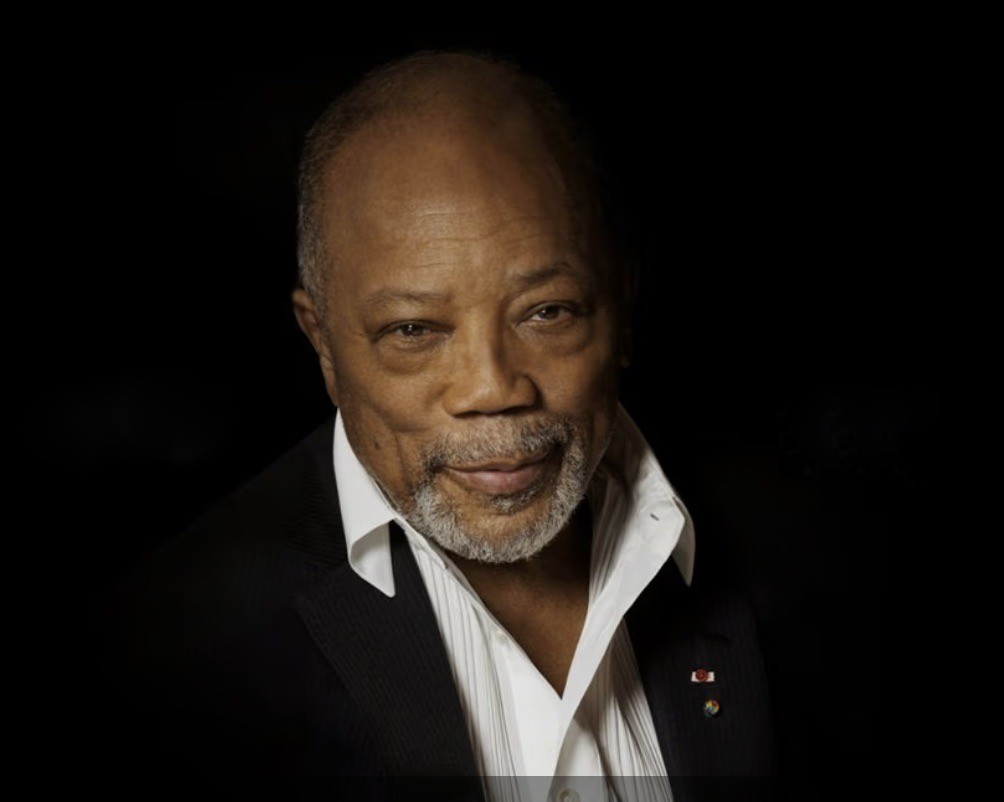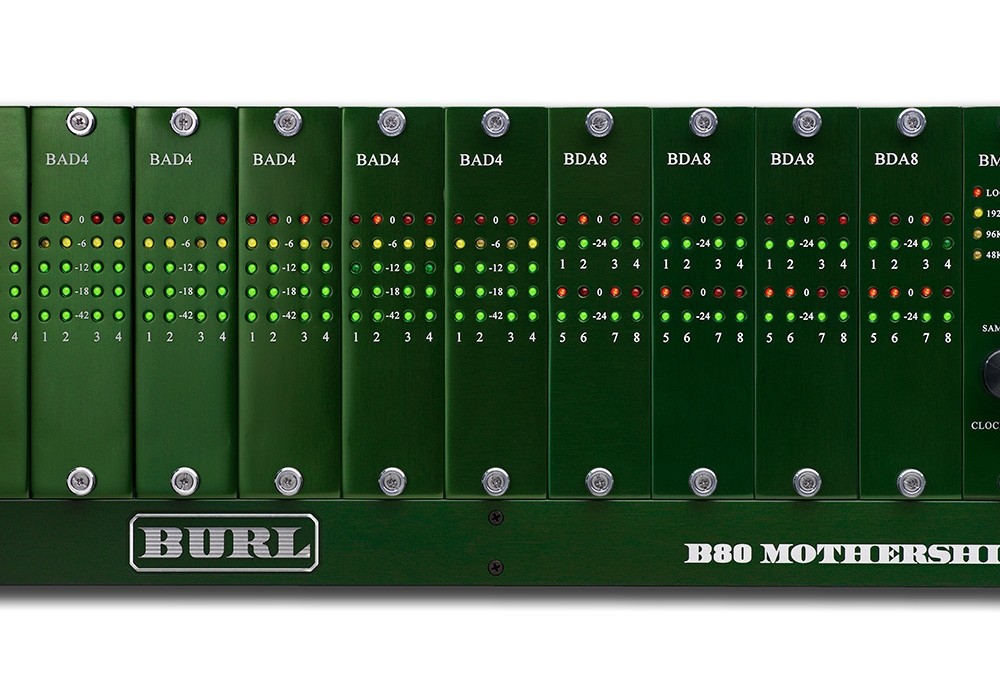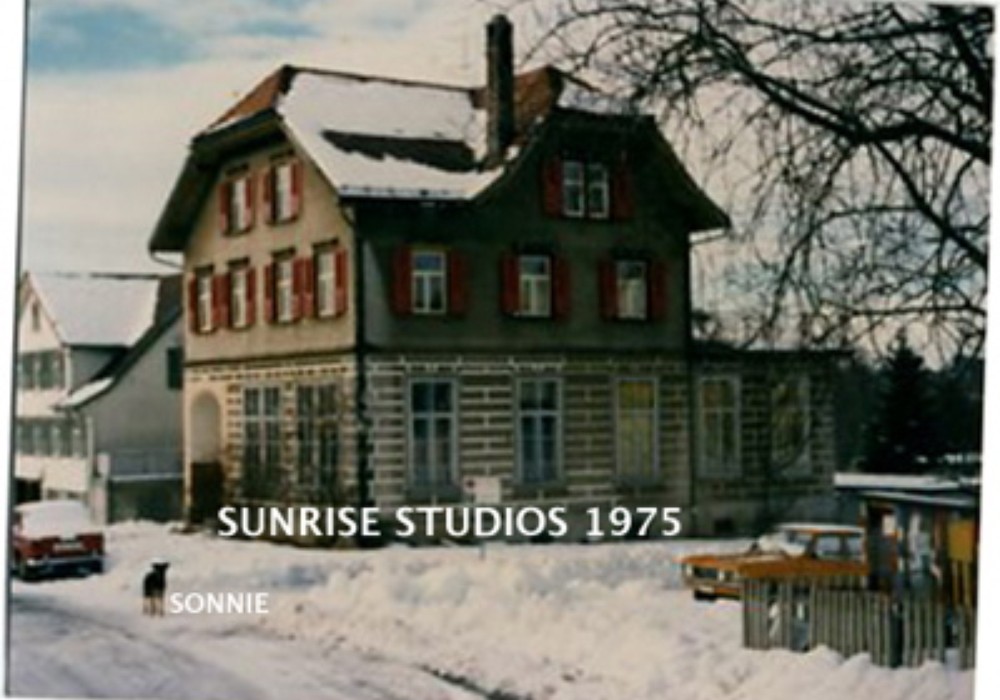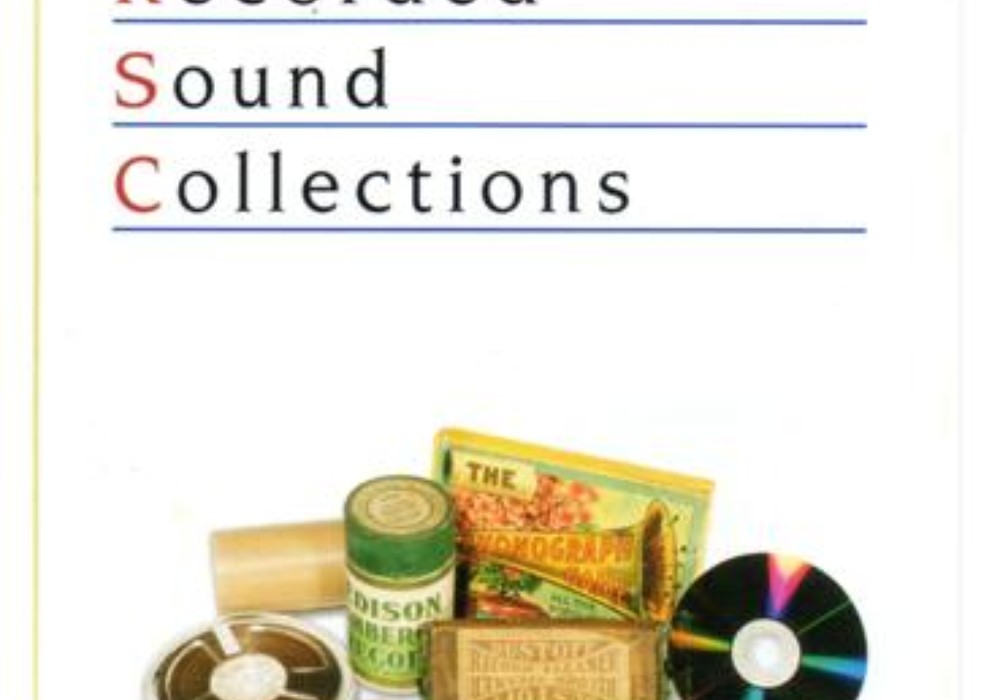I was listening to Quincy Jones before I even knew I was listening to Quincy Jones. The theme song to the '70s sitcom classic, Sanford and Son, "The Streetbeater," was penned by Jones and it had it all; a funky groove, George Duke on the Clavinet, cowbell, punchy horns, Chuck Rainey on bass, and (of course) the signature sound of Tommy Morgan's harmonica. It was an early musical impression for me and many others. It defined what groove was, what arrangement was, and what great playing was even before I even knew what that meant.
As a bandleader, he released over 40 albums. As a sideman, he worked with Art Farmer, Lionel Hampton, Dizzy Gillespie, Clifford Brown, The Isley Brothers, and more. As a writer, arranger, conductor and producer, he worked with Cannonball Adderly, Herb Alpert, Louis Armstrong, Count Basie, Billy Eckstein, Tony Bennett, Ray Charles, Sammy Davis Jr., Ella Fitzgerald, Aretha Frankin, Peggy Lee, Little Richard, and the reason 99% of the world knows his name, Michael Jackson.
Jones produced four albums with Jackson, and one of the many virtues of his productions are the grooves. They are flawless. From the opening drop of "Don't Stop 'til You Get Enough" from 1979's Off The Wall, to the shuffling gated snare groove of "Leave Me Alone" from 1987's Bad, you hear the priority Quincy put on the rhymic elements of production. It's facinating to hear the Latin groove elements on Quincy's 1961's Big Band Bossa Nova LP weaving their way onto Michael Jackson albums, not to mention his stunning orchestral and string arrangements. He was well versed in a multitude of styles and genres of music, and it is showcased clearly in the blending of influences and styles throughout his career.
Jones was also an early supporter of women in the recording studio. He had this to say about bassist Carol Kaye, who played on many Jones session dates including his film soundtracks like In Cold Blood, and The Italian Job; "Carol can do anything, and she left the men in the dust."
Longtime Jones collaborator and Michael Jackson engineer Bruce Swedien remembered, "You know what's funny? I don't ever remember being told by Quincy or Michael that I had to do anything a certain way, ever. For instance, when we were mixing 'Billy Jean,' I did 91 mixes on that song. Michael and I were in the studio one day, just going crazy. We finally grabbed Quincy to listen to it and he said, 'Well, mix 91 is great, but I'd like to hear mix two.' Of course we listened to it, and mix two blew mix 91 out of the water. Mix two is the one that's on the record. I've got to tell you, to pay respect to Michael and Quincy – they always listened to me. Always. It was a fabulous time in my life."
As I searched through the Tape Op archives, it was staggering how many times Quincy was referenced in the interviews we have conducted. Joe Mardin, Lee Hirschberg, Tim James, Kearney Barton, Joe and Mike Tarsia, Paul Kolderie and Sean Slade, Paula Salvatore, and many more.
He was the gold standard of music producers, and his influence on jazz, soul, pop music, and culture will be felt for generations.
